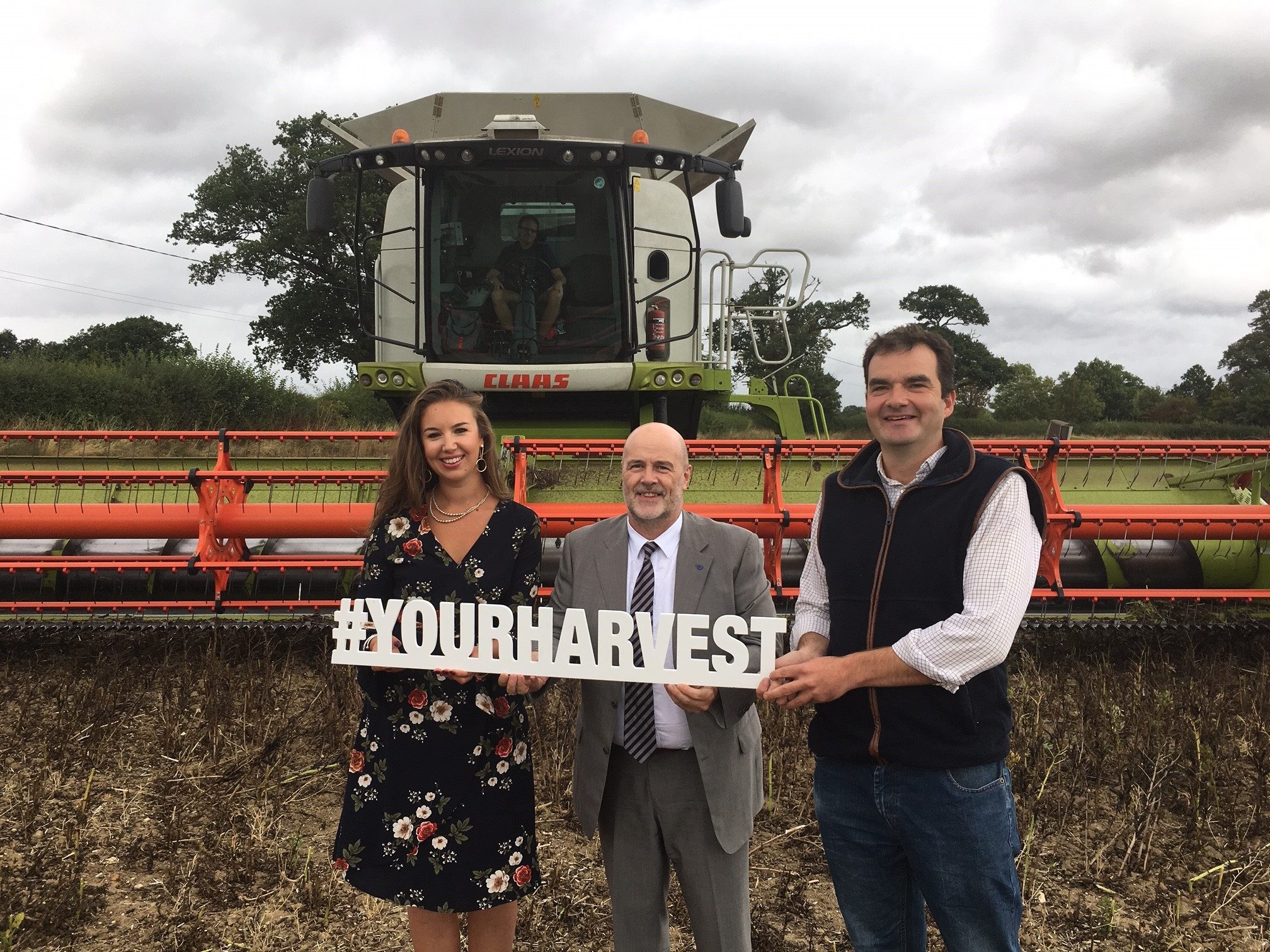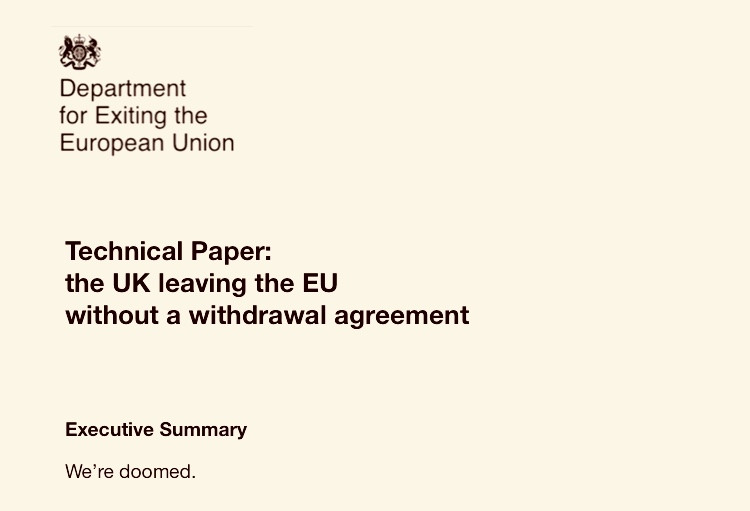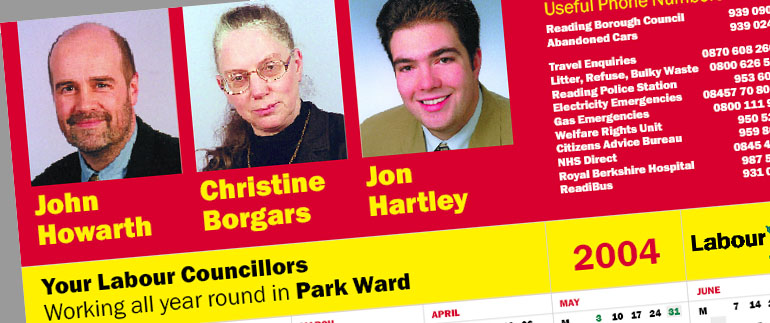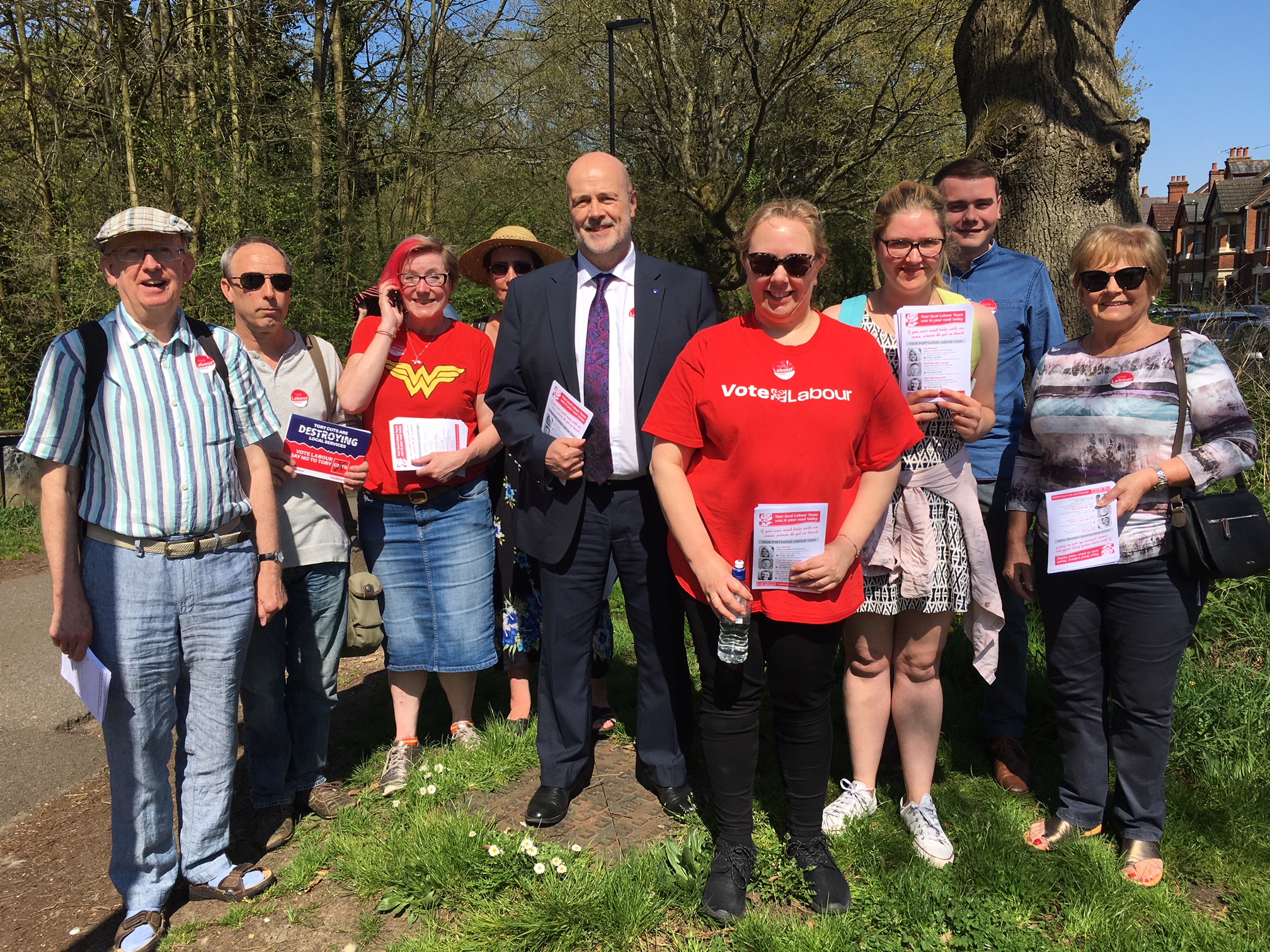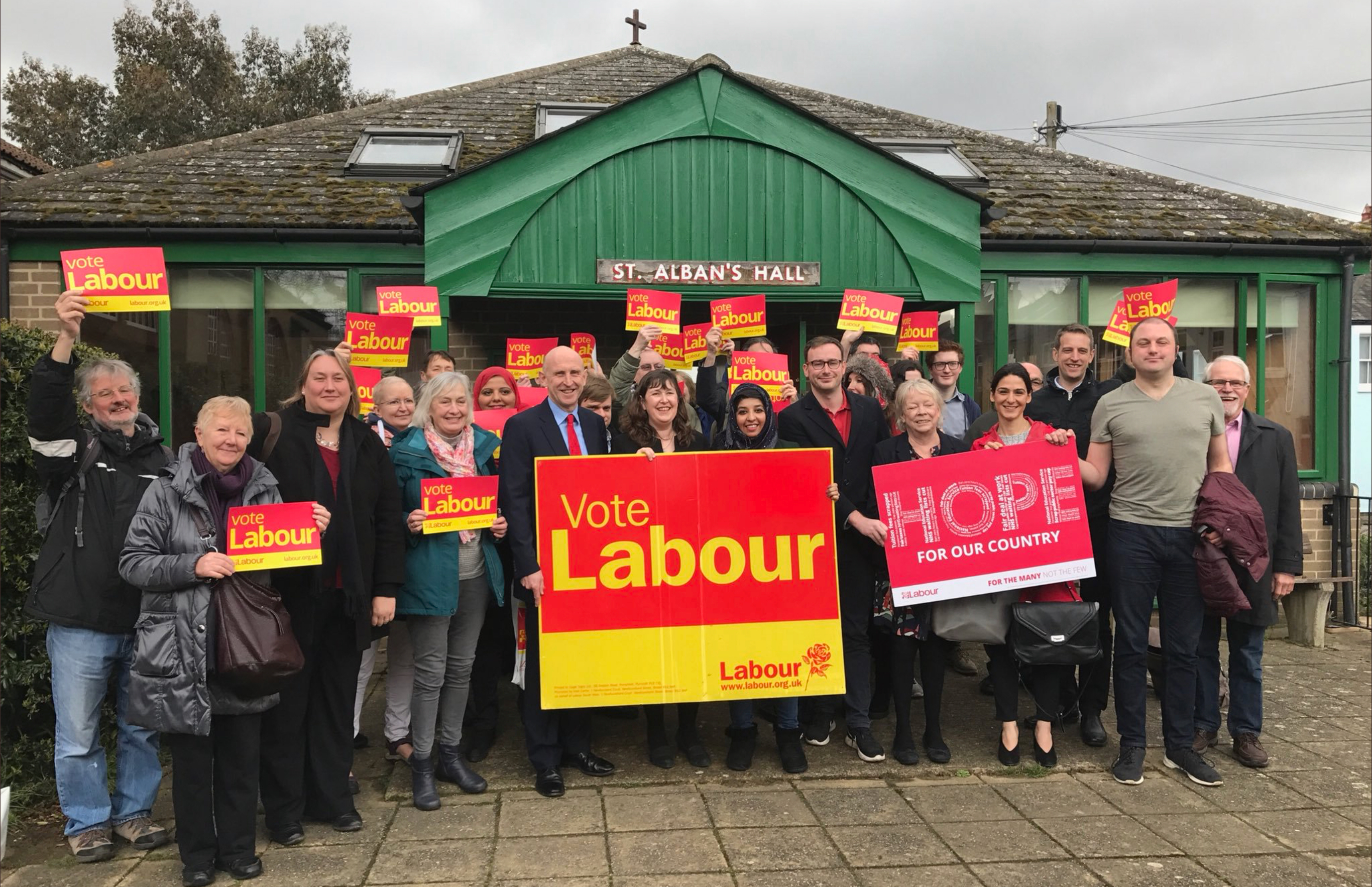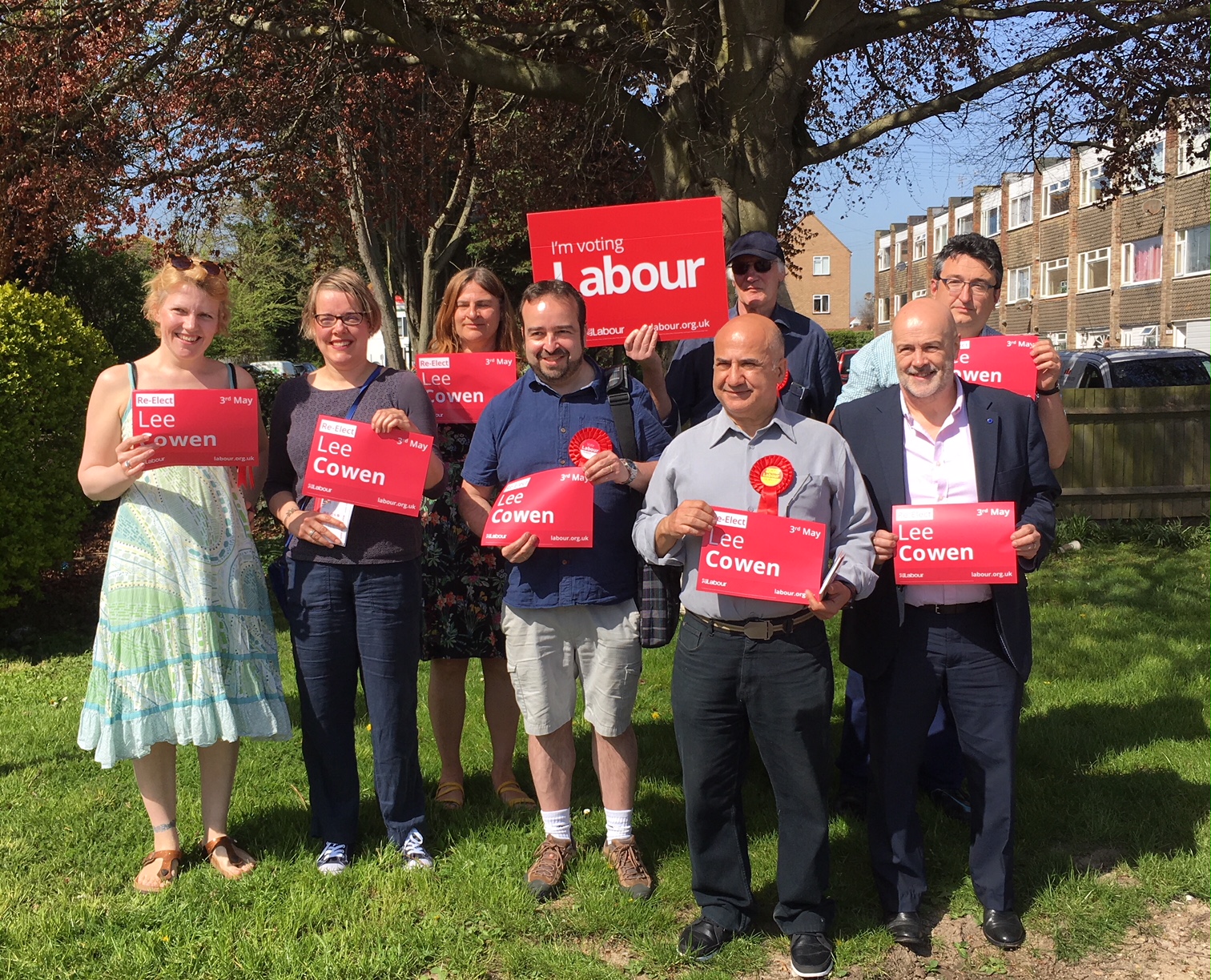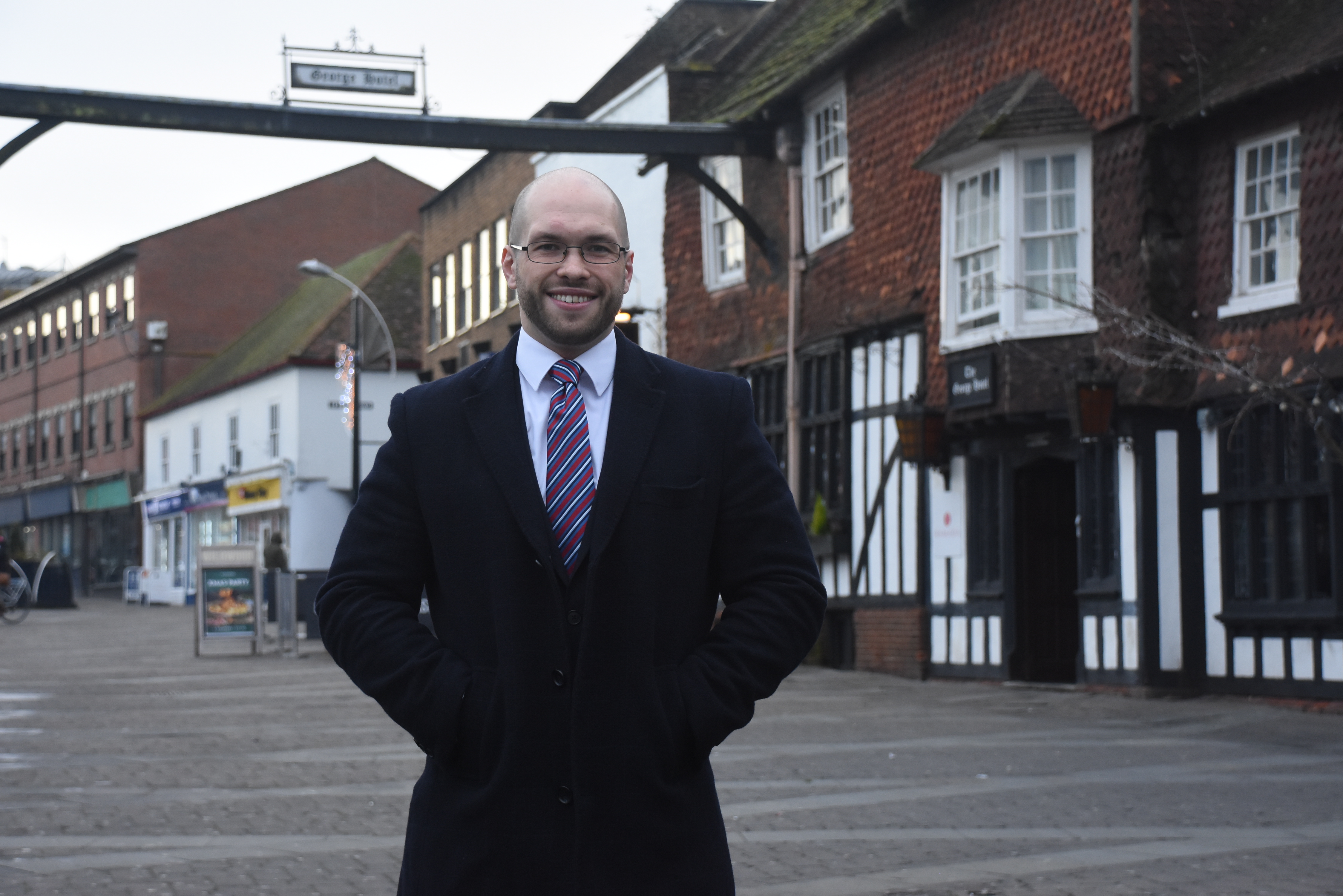More politicians should visit farms - or at least listen to ‘The Archers’. The terminally irritating BCC Radio agri-soap was devised as a fusion of entertainment and education. Those were the days, when the BBC pursued its mission to educate and inform. The notion was that a largely urban population needed a better understanding of the needs of farming and farmers needed to understand national policy priorities in an age of shortages. ‘The Archers, for all its manifest awfulness, still has an agricultural story editor and reflects the issues facing the sector - to some extent.
One thing that’s sure; farmers may have a reputation for complaining and worrying but right now they have plenty to worry about. In 2018 Brexit casts long dark shadow over an industry that has faced a long term crisis of profitability, labour and social mobility and weakness in the face of more powerful market actors. One of the central paradoxes of Brexit applies to farming - those who voted for the UK to leave are likely to be hardest hit should Brexit eventually happen and the harder the Brexit the harder the hit. Right now uncertainty dominates, as I found out visiting two farms in the east of Berkshire.
Farming income support - for how much longer?
The UK has moaned about the Common Agricultural Policy and all its works since joining the EEC in the early 1970s. The UK and Labour in particular, argued that the policy should consume a lower share of EU resource. This happened: at one time the CAP accounted for nearly 80% of the budget now it is around 40%. The UK argued that the nature of subsidies should change to more the CAP away from stockpiling overproduction. This also happened. In fact the UK, though not the biggest beneficiary from the CAP, does nonetheless receive more from the CAP budget than it contributes. If there is a transition period UK farmers will continue to draw from the CAP until the end of 2020. After that the Conservative Government has said that it will maintain subsidies to farmers - but it hasn’t said for how long. In reality it will be difficult for the UK to subside at a greater rate than the EU without damaging the export prospects of the sector through charges of unfair competition under whatever trade agreements may be struck. So once again the UK will find itself tied by the decisions of the EU in which, despite its record of winning reform, will have no say. For now, however, farmers simply have to wait.
Agricultural depends on Labour from mainland Europe
The immediate problem for many farmers, particularly those in horticulture, is where and how they will source the labour on which they depend. The simple fact is that seasonal and part-seasonal labour is sourced from Eastern Europe. While there are undoubtedly bad employers in the sector both the NFU and individual farmers I have met strongly dispute this is typical. The notion that migrant labour will be replace by local labour is yet another unicorn ridden by the Brexiteers. Whether it is fruit picking in Kent, herb harvesting in Berkshire or lettuce farming in East Yorkshire, any notion of local labour long since disappeared. There is simply easier money to be made. The value of sterling has already hit labour supply and despite having all the ability to plan in this area there remains a deafening silence from the Home Office more than two years after the vote to leave.
Agriculture has a cross-border supply chain
Next to labour, there seems a failure to understand the dynamics of modern agriculture and how it has developed within the single market. Just as the single market enabled UK manufacturing to take advantage of specialist suppliers producing and supplying components ‘just in time’, it also enabled agri-business to develop cross border supply chains. UK agriculture is linked to suppliers in the Netherlands, France, Belgium and Germany and exports to end-use and processing markets across Europe. UK agri-business has interests in Spain and Portugal that in turn supply the UK food chains. The notion of ‘reverting’ to the UK ‘growing its own food’ is another fiction peddled by Brexiteers. The UK has never been self-sufficient in food production since the industrial revolution and has agricultural trade with the European mainland pre-dates the Roman Empire. Here too we cannot just turn back the clock. EU regulations, which protect the consumer, provide a level playing field for food production and deliver animal welfare standards, are a reality and UK agriculture has no choice but to go along with them or sacrifice its more valuable markets.
The food supply chain is fragile
Fragility of the supply chain is amplified by the fact that we are dealing with in part with perishable items and fresh food destined for the supermarket shelves in the UK. The lack of understanding at Westminster was perfectly illustrated by ministerial calls for supermarket chains to ‘take up the slack’ in ensuring food supplied continue uninterrupted in the event of the UK crashing out of the Customs Union and EU Single Market thus causing inevitable delay in both directions at the ports, in particular Dover. In 1974 the UK may have had other markets but also the EEC regulatory framework was much less integrated. Now outside that framework, in which the UK will have no say, farmers face potential problems should the UK diverge from the rules in which the industry operates.
Precision farming depends upon satellite communications
At one of the farms I visited ‘precision farming’ techniques with the aid of GPS technology was enabling efficiency gains during their harvests leading to improved productivity and lower cost of capital employment. It was also responsible for a reduction in the carbon footprint of the farms and, when rolled out on a wider scale, significant agricultural contribution toward climate CO2 reduction targets. All good news and all dependent upon the EU developed Galileo satellite navigation programme - the UK’s continued participation in which has been needlessly called into question by the sclerotic progress of Brexit negotiations.
Supermarkets, force overproduction and waste
Aside from the immediate issues with Brexit, farmers face continual additional costs because of the way in which the supermarkets use their powerful market position. A farmer is as good as their last contract. Fail to supply the supermarket and that contract may well not be renewed, so horticultural suppliers may overproduce by as much as 50% to be sure to deliver. While there are some alternative markets for the rest much is ploughed back or simply thrown away. I find that there is something deeply wrong with a situation that allows oligopoly customers to misuse their power in this way without any significant form of counterbalance in the market.
Agriculture has an image problem
In the medium term the entire industry has problems of long term profitability and image that mean it is becoming harder and harder to attract young people into agricultural careers. The image of hard work, long hours, unreliable incomes and the potential for nature-inflicted disaster ensures that agriculture faces an ongoing crisis that, Brexit or no Brexit, UK policy makers need to take seriously.
Don’t mention the weather
So in summary, while Brexit dominates immediate thinking, farming faces long term problems that are finding few answers from politicians and policy makers. It’s not new but it is ever more critical that it is taken seriously by Labour as well as the other parties all of whom have had the luxury of relying on EU policy makers to deliver. They largely have. Whatever else, a continent that frequently struggled to feed itself has benefitted from abundance for half a century. UK Farmers are finding at present that they have much more to complain about than the weather. For the good of the country, more politicians are going to need to find out what's bothering the farmers.

